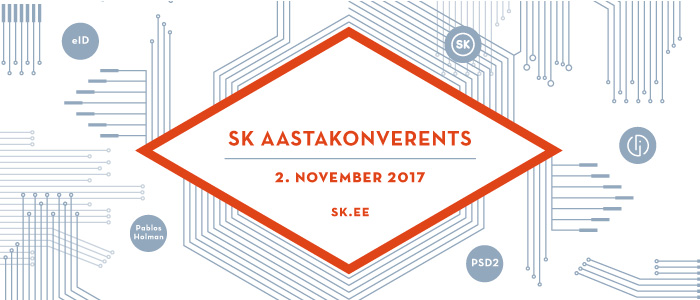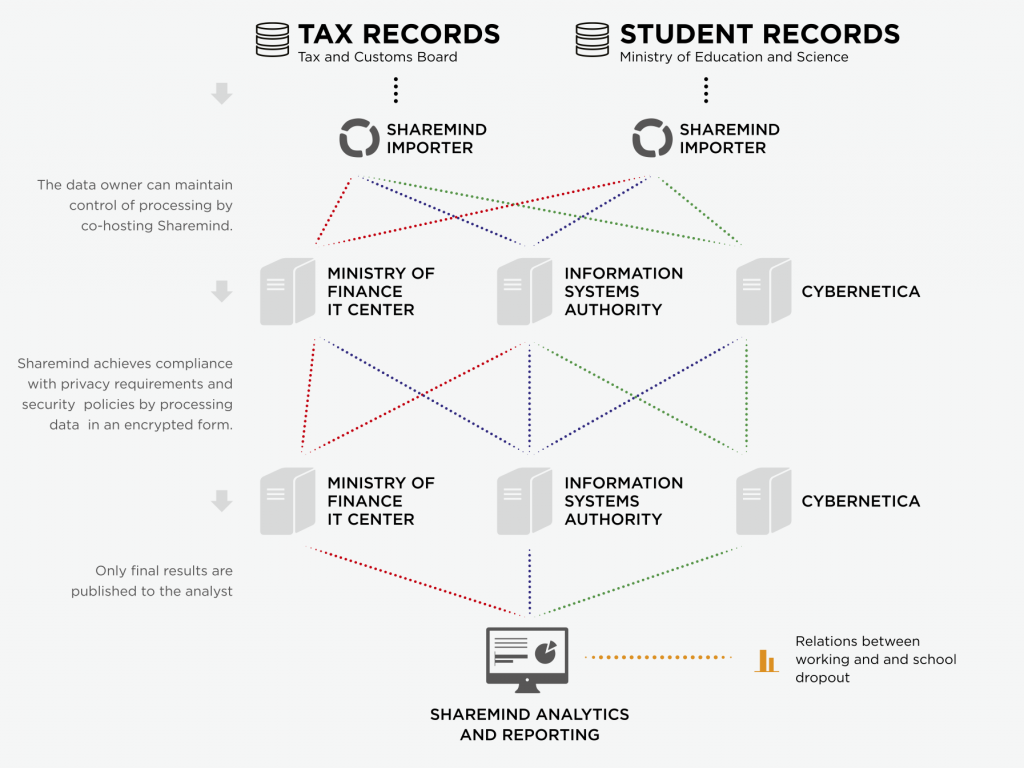
E-identity event SK Annual Conference 2017 will take place on November 2, 2017, Baltic Station old waiting area (Toompuiestee 37, Tallinn).
Agenda:
09:00-09:30 Registration and morning coffee
09:30-10:30 Overview of SK 2017, Kalev Pihl, SK
10:30-11:00 Smart-ID: fast start and future plans, Kaido Irval and Georg Nikolajevski, SK
11:00-11:15 Cofee Break
11:15-11:45 The future of authentication in SEB. When will the code cards disappear? Ragnar Toomla, SEB
11:45-12:15 DeepScan, Lauri Ilison, Nortal
12:15-13:00 Lunch
13:00-14:00 Keynote: The Future of Technology Through the Mind of a Hacker, Pablos Holman
14:00-14:45 Panel discussion, Pablos Holman and Taavi Kotka
14:45-15:00 Cofee Break
15:00-15:30 RSA (implementations) attack history and lessons, Arne Ansper, Cybernetica
15:30-16:00 eID year in retrospect, Anto Veldre, RIA
16:10-16:40 Round of question and answers
16:40-17:00 Summary of the day by digital world enthusiasts
17:00-18:00 Evening snack
Registration till October 20.
Links:
https://www.sk.ee/ettevottest/sk-aastakonverents/aastakonverents-2017
